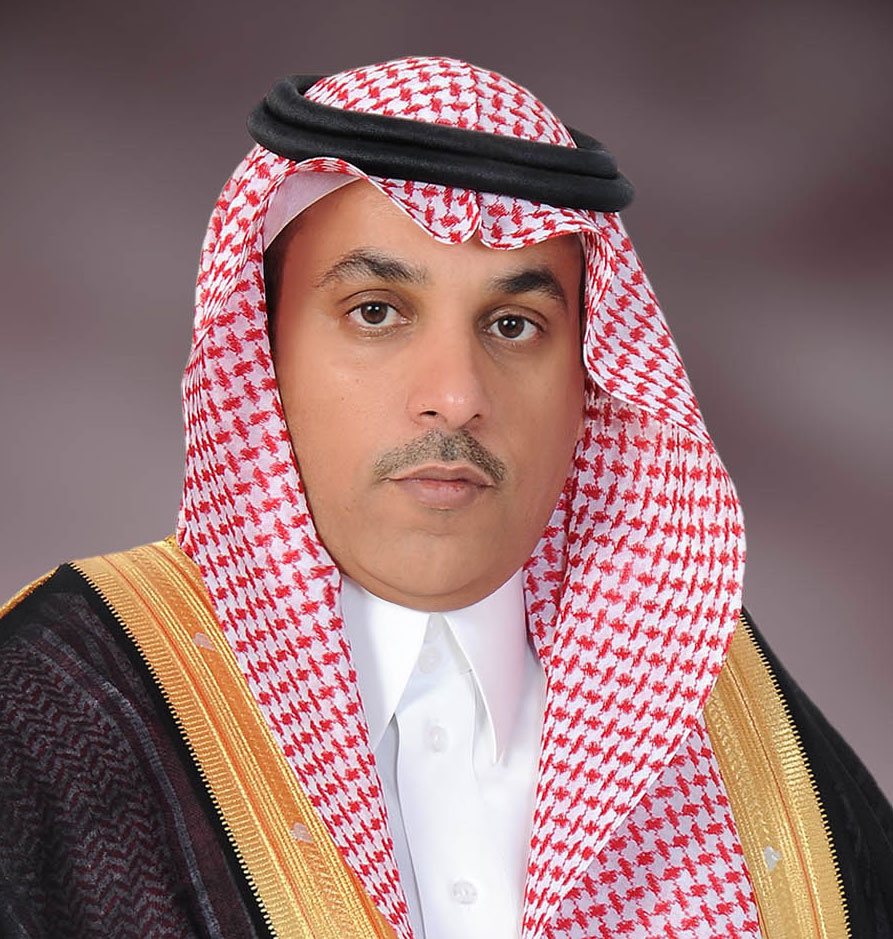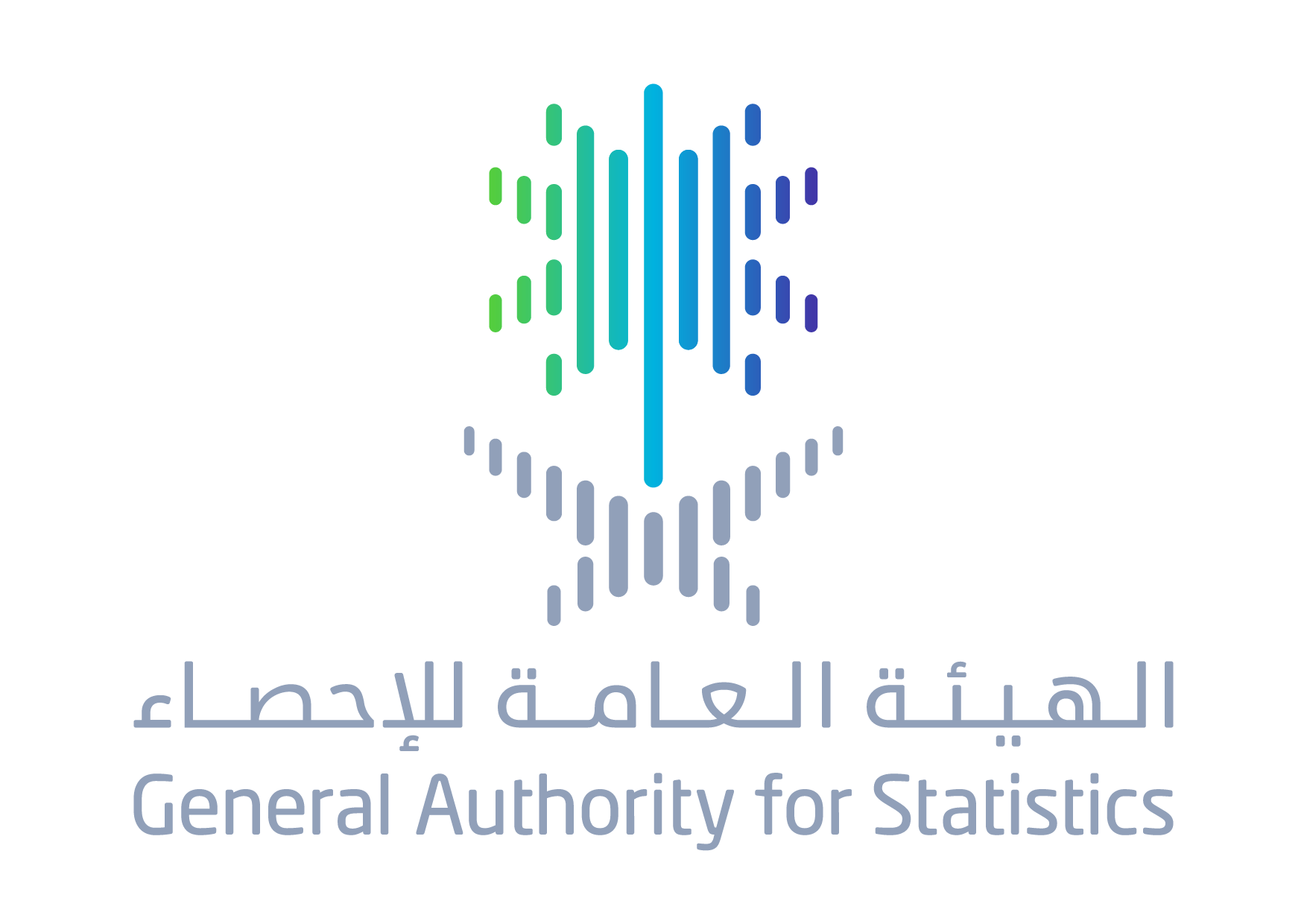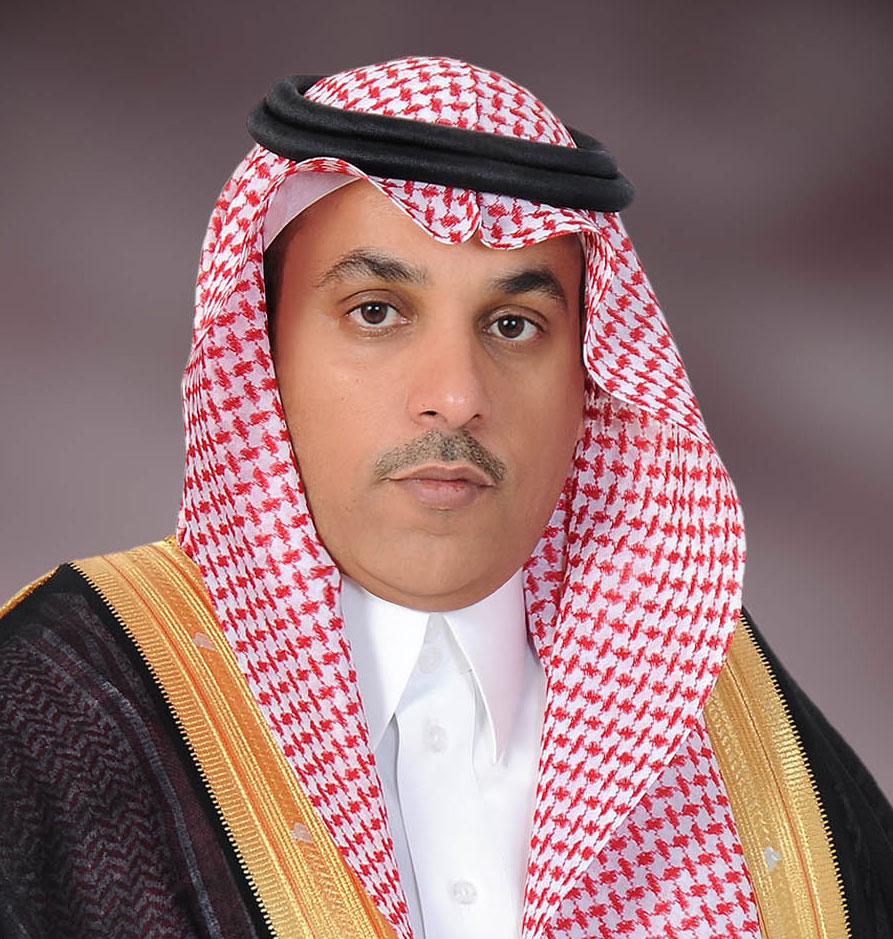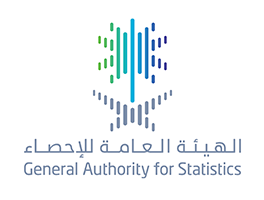GASTAT Releases for the First Time Industrial Activity Survey's Results-2017
16-12-2018
GASTAT Releases for the First Time Industrial Activity Survey's Results-2017
On Thursday, Rabi al-Thany 6th,1440 H (corresponding to December 13th ,2018), the General Authority for Statistics (GASTAT) released the results of the " Industrial Activity Survey for 2017" to support the national development. This Survey was carried out for the first time by GASTAT and is considered outputs of the statistical transformation in Saudi Arabia which have been started since the beginning of the last year. The Authority has released so far more than sixty-five statistical products including economic, social, demographic, and Umrah statistics. In addition to other statistics related to labor market, energy, knowledge, environment, culture, sport, entertainment, security and safety. The Industrial Activity Survey is an annual survey based on field data collected by visiting establishments all over Saudi Arabia's regions. The results of the Survey include more than nineteen statistical indicators related to the features and components of private and public sectors establishments. The Survey concerns the activities of mining, quarrying, manufacturing, electricity, gas, and steam supply, air conditioning, water supply, sanitation, in addition to waste management and process. The results also provide detailed and accurate data to meet the needs of the relevant parties in line with the international recommendations specialized in industrial activity surveys.
The Authority appreciated the role of all the relevant governmental and private entities that contributed to the design of the survey's form, and submitted their proposals according to the needs of data and information for the economic sector generally and industrial sector particularly. This is done through mutual team works and continuous workshops in order to ensure that the statistical product outputs have met all the requirements.
The results of the Industrial Activity Survey showed that the number of industrial establishments made up (112,785) one hundred twelve thousand, seven hundred eighty-five establishments, with 31% of Saudi workers.
According to the results, the operating expenses of the industrial establishments exceeded about (484.712 million) four hundred eighty-four billion, seven hundred twelve million SAR, whereas the value of the operating revenues of the industrial establishments reached in 2017 around (1,516,844,817,326) one trillion, five hundred sixteen billion, eight hundred forty-four million, eight hundred seventeen thousand, three hundred twenty-six SAR. The percentage of Saudi workers working at the following establishments: crude oil and natural gas, other manufacturing, as well as coke and refined petroleum products reached 84%, 80% and78% respectively out of the total number of Saudi workers in the industrial establishment, the results showed.
It is worth mentioning that GASTAT releases, in addition to the survey of industrial activity, a number of products related to the industry sector. Such as, index of industrial production survey which measures the relative change and any developments in the quantities of material and commodities production. Additionally, environment economic survey (industry) that reflects the norms of water and energy consumption in Saudi Arabia by the establishments and wastes resulting from these activities and potential ecological effects.
The Industrial Activity Survey is the third statistical product published by the Authority in the field of industry. It aims to provide comprehensive industrial statistics in different regions of Saudi Arabia, for instance: statistics and compensations of industry workers as well as operating and transfer expenses. In addition to the size, revenues value, and contribution to GDP of industrial production.
GASTAT has published the Survey's results, field research forms and others results on its official website www.stats.gov.sa . The products are in various information formats, so researchers, scholars and decision-makers can benefit from them and conduct data analysis.







